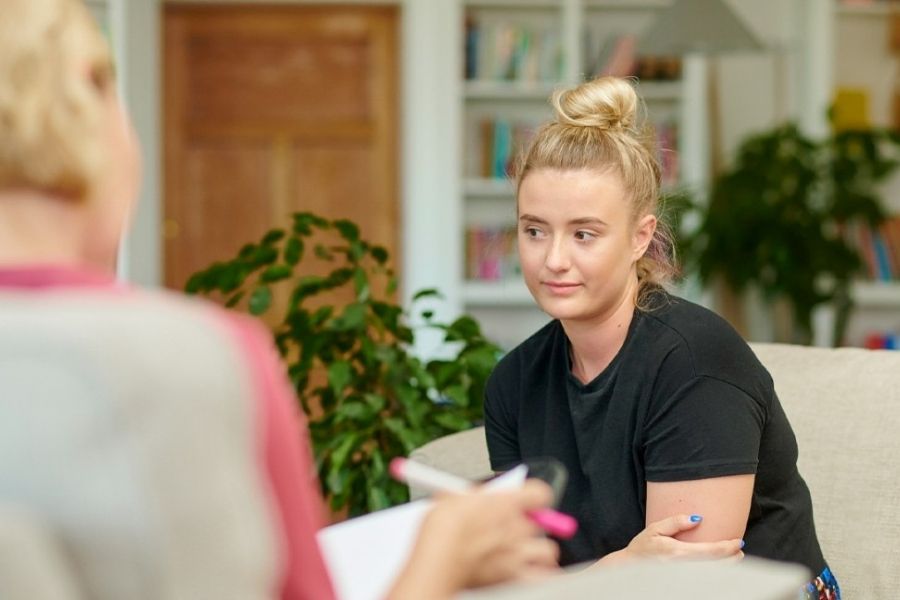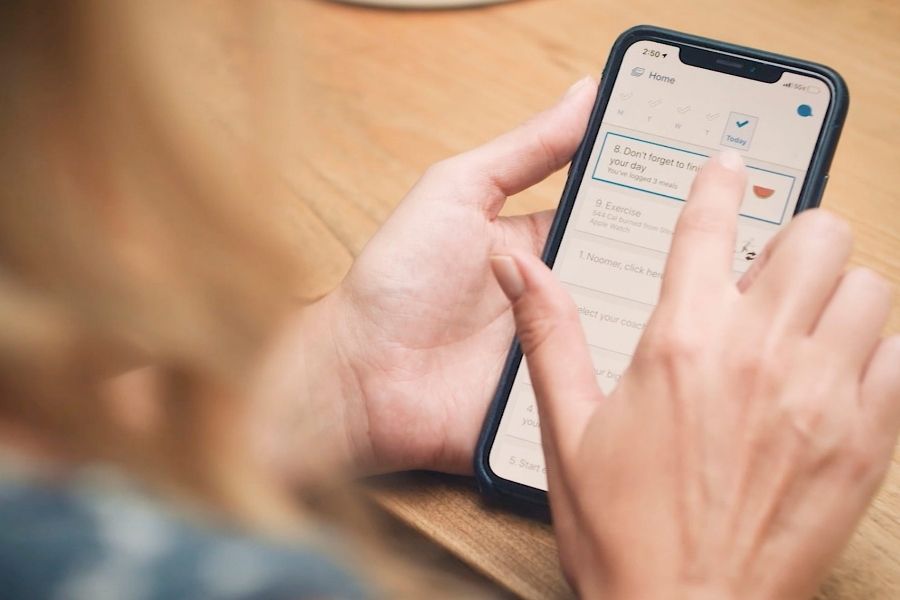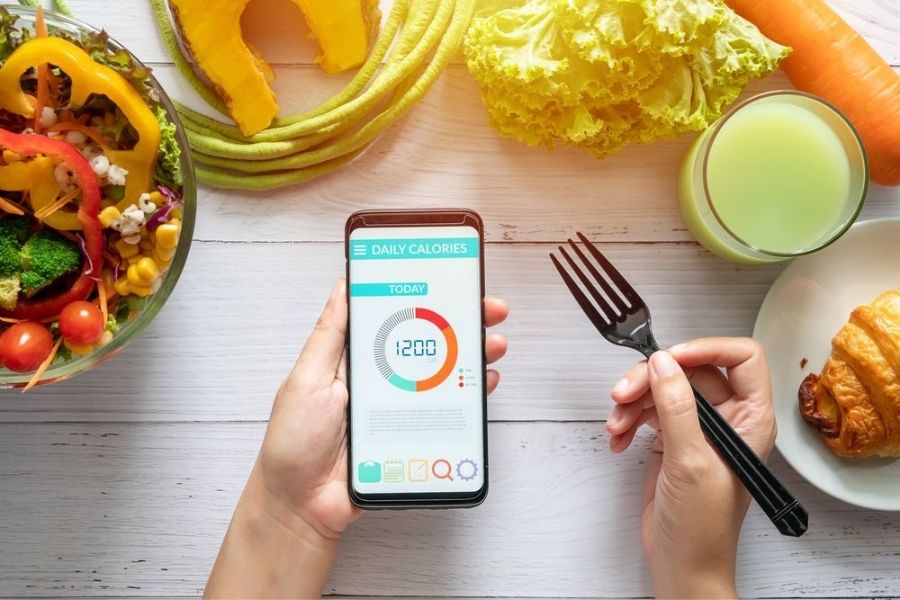You are what you eat! We learned something in college, but the actual practicality of this statement was understood when we put it into practice. Theory and practice by a health professional are two sides of the same coin. And there are stark lessons about theory and practice; we cannot use the knowledge of one without the other. Only when our basics are right can we apply them practically to help individuals gain more experience professionally.
Once, our university had arranged for a one-day free diet counseling session open to the public; this was in our final semester, just before our final exams. Our professors arranged the counseling to give us an accurate picture of what lies ahead. And the first thing we learned during those sessions was the lessons about theory and practice, which were not taught to us in college. And they were –
Lessons About Theory And Practice by a Health Professional
Not All People Come With An Idea To Learn About Eating Healthy.

Some people turn up to strike a conversation and socialize. I remember we could hardly manage to counsel 2-3 people in the whole day. People were more interested in chatting with us rather than explaining the problem and figuring out a solution! Being amateurs, we were not aware of how to lead or pause the flow of conversation and had to hear them out of politeness.
The Most Neglected Lot Are Women.

Even now, women of the house worry about the health of their family and not about themselves. With PCOS cases, hypothyroidism spiraling up proves that women have excelled at the workplace and as homemakers with less importance to their own health.
Hence, we had to counsel the housewives first (who incidentally also held the cooking reins for everyone in the family). We had to make them understand; a happy and healthy homemaker can take proper care and nurture the family.
An Individual Comes For Diet Counseling Using Google For Reference.

A most common problem is where Google challenges our knowledge! We were told in college that our biggest competitors would be Google itself. When we give dietary advice, they question us back, saying, “but Google said.” Some people don’t want to change their eating habits; they want to overcome their health problems with some magic wand.
- “I love eating butter chicken; please don’t ask me to stop that.”
- “I have been eating jackfruit all my life. I know I am diabetic now but can avoiding jackfruit cure me of diabetes?”
- “I know you will ask me to eat salads and soups only; if healthy food were tasty, I would have been a sage!”
- “I am getting married next month; I want to lose 10 kg! please help!”
- The latest one that I came across, “I want to look good in selfie and get maximum likes on Instagram. Can you help?”
Some people that we come across think that we have a magic wand!
People Understand Only Calories!

So, food gives only calories, and the rest of the nutrients are of no importance? We were taught all about micronutrients and macronutrients in university. However, we weren’t told that people understand only calories. When we tell them they need to improve the quality of their food and not concentrate on the calories, they feel we are not well qualified!
Educating the people on a balanced diet, food pyramid, portions, and the role of micronutrients is so very important. Stop counting calories and start working towards improving the quality of food you eat.
Dealing With Doctors And Quacks!

In every profession, there are challenges; we have them too. People don’t understand a dietitian’s job; they feel a doctor can do the same job and tries to get the dietary information from their doctors instead of consulting a dietitian.
Secondly, many in our field do a small certification of 2-3 months and declare themselves health coaches/diet experts. We work hard in 5 years of graduation and PG combined and still sidelined as people cannot differentiate between the actual clinical dietitians and the quacks! We were never warned of this problem at college!
Finally, Observe, Not See; Listen, Not Hear The People Who Come For Counseling.

There are many cues that people give us when they come for counseling. The best tools that a dietitian should have are being a good listener, directing the conversation to the right areas, observing the finer details, and trying to read between the lines. It comes with practice, and you don’t learn this in college.
Finally, To Sum It All Up!
College life and professors give us enough knowledge to build our confidence to venture out globally and help people eat healthily. But it is only with practice and experience that we learn how to deal with people, be a counselor, a patient listener, problem solver, motivator over and above a successful dietitian.







